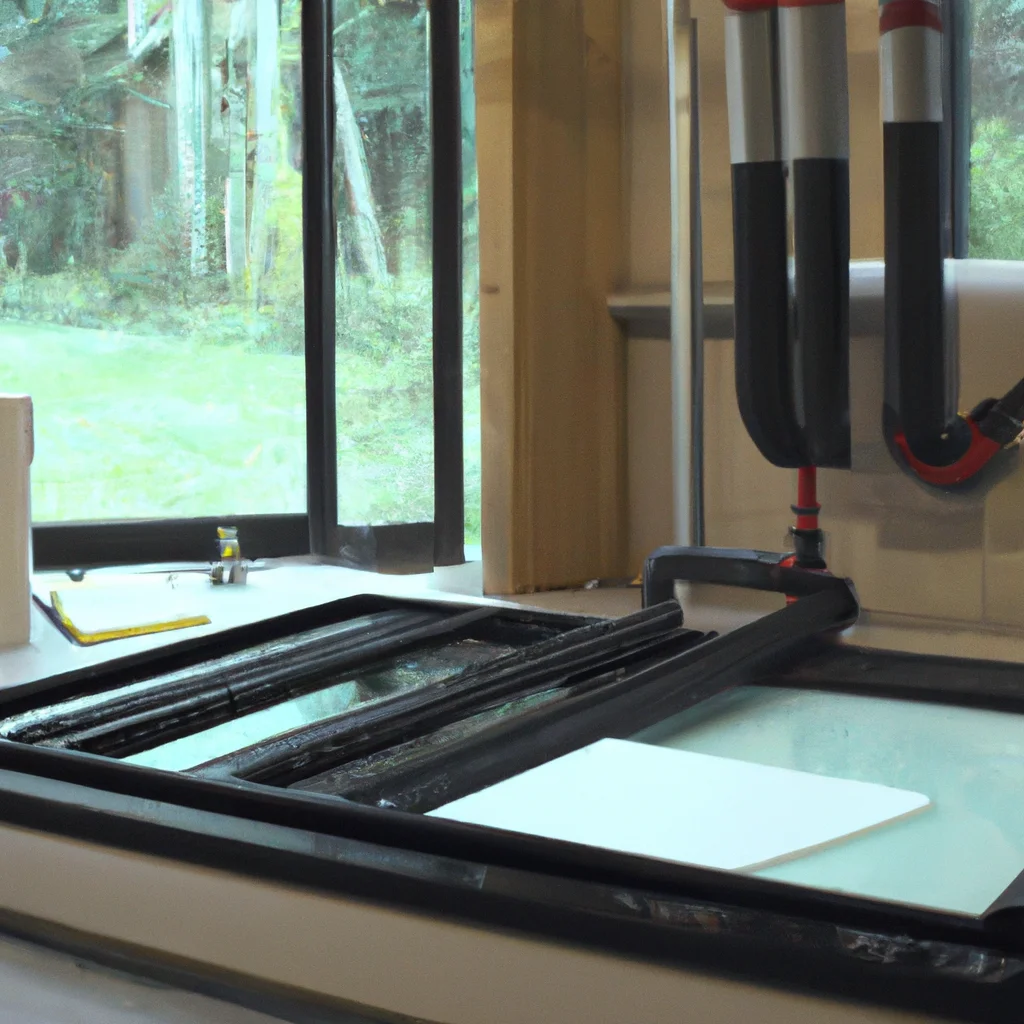How does geothermal heating work in homes?


How does geothermal heating work in homes?
Geothermal energy is an excellent way to heat homes and buildings. It’s a renewable source of energy, which means it’s an excellent way to reduce your carbon footprint. In this article, we’ll explore how geothermal heating works in homes and the benefits of using this sustainable technology.
What is geothermal energy?
Geothermal energy is the heat that is generated by the Earth’s core. This heat is constantly being produced, making it a renewable source of energy. Geothermal energy can be used in many ways, including heating homes and buildings.
How does geothermal heating work?
Geothermal heating systems work by using the Earth’s constant temperature to heat homes and buildings. The system consists of three main components: a ground loop, a heat pump, and a distribution system.
The ground loop is a series of pipes that are buried underground. These pipes contain a mixture of water and antifreeze. The ground loop can be installed vertically or horizontally, depending on the available space.
The heat pump is the heart of the system. It’s responsible for extracting heat from the ground loop and transferring it to the distribution system. The heat pump works by compressing and expanding refrigerant, which absorbs and releases heat.
The distribution system is the network of ducts and pipes that transport the heated air or water throughout the home or building. The distribution system can be either forced air or radiant heat.
What are the benefits of geothermal heating?
Geothermal heating offers several benefits, including energy efficiency, lower operating costs, and reduced carbon footprint.
Energy efficiency – Geothermal heating systems are incredibly efficient. According to the Department of Energy, geothermal HVAC systems can reduce energy consumption by up to 44% compared to traditional heating and cooling systems.
Lower operating costs – While geothermal heating systems have a higher upfront cost than traditional heating systems, they have lower operating costs. Since geothermal systems use the Earth’s constant temperature, they require less energy to operate, resulting in lower utility bills.
Reduced carbon footprint – Geothermal heating systems are a sustainable way to heat homes and buildings. Since they use the Earth’s natural heat, they don’t produce any greenhouse gases, making them an excellent way to reduce your carbon footprint.
How do I install a geothermal heating system?
Installing a geothermal heating system requires the expertise of a professional installer. The installer will assess your home or building’s heating and cooling needs and design a system that’s appropriate for your space.
The installation process includes drilling the ground loop and installing the heat pump and distribution system. The installation process can take anywhere from a few days to a few weeks, depending on the size of the system and the complexity of the installation.
Conclusion
Geothermal heating is an excellent way to heat homes and buildings sustainably. It works by using the Earth’s constant temperature to heat homes and buildings, resulting in energy efficiency, lower operating costs, and reduced carbon footprint. If you’re considering installing a geothermal heating system, be sure to consult with a professional installer to design a system that’s appropriate for your space.
Recent Posts
How do I create an engaging and informative online quiz or assessment?
Creating an engaging and informative online quiz or assessment can be a powerful tool for… Read More
What are the most effective methods for managing and reducing work-related stress in the hospitality industry?
Work-related stress is a common issue in the hospitality industry, where employees often face long… Read More
How can I improve my assertiveness and communication skills in a leadership position?
In a leadership position, assertiveness and effective communication skills are crucial for success. Being able… Read More
What are the key elements of a successful employee recognition and rewards program?
Employee recognition and rewards programs play a crucial role in motivating and engaging employees, as… Read More
How do I effectively manage and respond to customer feedback and reviews?
Customer feedback and online reviews play a crucial role in shaping a company's reputation and… Read More
What are the best strategies for effective time management as a stay-at-home parent?
Effective time management is crucial for stay-at-home parents who juggle multiple responsibilities on a daily… Read More